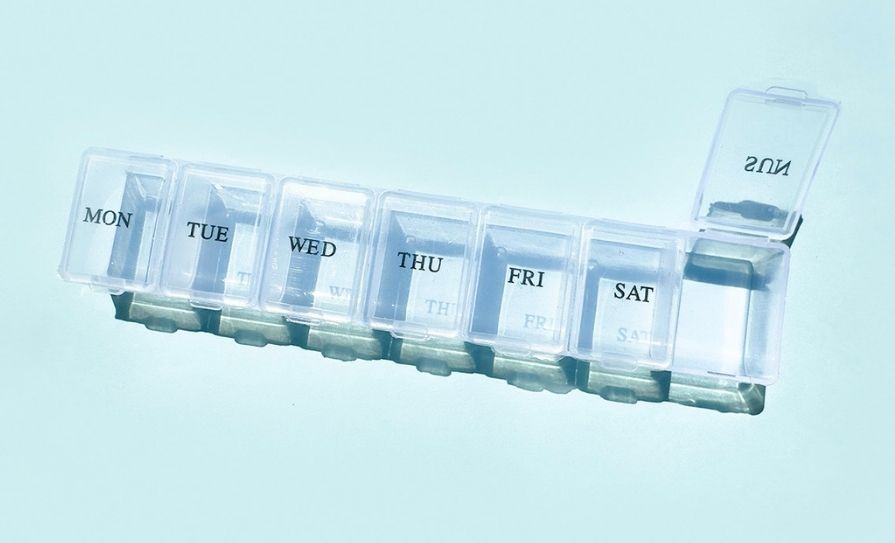A thorough report recently revealed how health systems failed to protect the wellbeing of healthcare professionals during the pandemic
A comprehensive report from the World Health Professions Alliance (WHPA) and the World Health Organisation (WHO) has revealed the extent of the physical and psychological damage done to healthcare professionals during the Covid-19 pandemic because the health systems they worked in failed to protect them.
It pulls together evidence of the impact of the pandemic from the WHPA’s five members, FDI World Dental Federation, the International Pharmaceutical Federation (FIP), the International Council of Nurses (ICN), and World Physiotherapy and the World Medical Association (WMA), which in total represent 41 million healthcare professionals.
‘UNDERVALUED’
The report, What the Covid-19 Pandemic has Exposed: The Findings of Five Global Health Workforce Professions, says healthcare workers feared for their personal safety during the pandemic because of a lack of protective equipment, and the absence of any systematic support and security left many feeling undervalued.
WHPA Chair Jonathon Kruger said: “By pooling the data from surveys of their memberships conducted during the pandemic, the WHPA organisations have been able to put together a unique picture of what the pandemic looked like for health professionals on the ground. By identifying the challenges we have in common across the professions, we can work together to resolve them,” he said.
‘The WHPA is also pleased to see the publication of this report as one of the first concrete outcomes of the Memorandum of Understanding signed between its members and the WHO in November 2022, and looks forward to continuing the collaboration.”
UNFAIR BURDEN
ICN Chief Executive Officer Howard Catton, who is a co-author of the report, thanked fellow authors Hoi Shan Fokeladeh and Erin Downey, and said the report should be used by governments to influence their plans for the next global health emergency, and ensure that healthcare staff do not have to carry such a heavy and unfair burden in the future.
“Around the world, prior under-investment in health systems meant that they failed the health professionals and multidisciplinary teams that are the life blood, the very essence of our health care services.
“We know what needs to be done: The challenge is making it happen. A vital first step would be to have more health professionals in the most senior leadership positions to counter the current disconnect between decision-makers and healthcare professionals on the front line,” he continued.
“We need governments to honour the contribution of nurses and others during the pandemic, elevate them to positions where they can more directly influence healthcare policies, and make sure that they never again have to face a deadly pandemic without the care, support and protection that they deserve.”
VIOLENCE
The report says vaccination information and training needs to be revised to address vaccination hesitancy and rejection. It also highlights the lack of mental health and psychosocial support experienced by professional staff, and the profound disruption that occurred to their education, with the closure of education centres, and postponement or cancellation of clinical placements.
It says concerted efforts are needed to protect healthcare workers from the chronic violence that exists in healthcare settings, and that they should have a greater say in high-level planning, strategy and decisionmaking about the policies that they are responsible for carrying out.
The report concludes that there needs to be a greater involvement of healthcare professionals in efforts to rebuild healthcare systems after the pandemic as part of a wholesociety response that will contribute to global preparedness and health security.
In their conclusion, the authors wrote: “The consequences of service disruptions need further exploration, including the immediate and long-term impacts on HCWs [healthcare workers]. Issues of ‘repurposing’ HCWs to perform other duties may incentivise some to stay within the profession, or deter others to leave. Student HCWs as a potential resource for backfilling some service gaps would likely welcome the opportunity to assist in some ways, but naturally have limitations in how and what services they can perform. The 2030 pre-pandemic projected shortfall of 18 million healthcare workers in general, and the 10 million nurses specifically, have been exacerbated by the Covid-19 pandemic. Strategies to mitigate this shortage are urgently needed. The relationship between service disruptions and the subsequent impact on the temporary or permanent loss of staff is complex.”
A panel of all WHPA members was due to speak at the WHO Global Forum on Human Resources for Health on 3 April. The full report is available at: https://www. who.int/publications/i/item/9789240070189.







